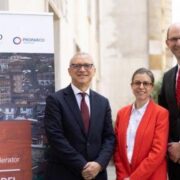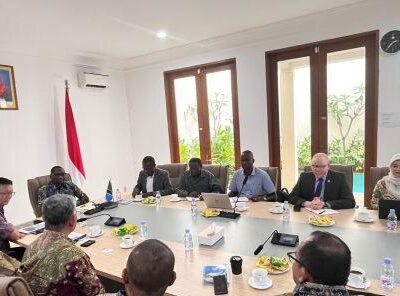
- SCAF is co-financing Konexa’s $80 million solar energy project in Nigeria, which includes a 50 MW power plant and infrastructure to serve two industrial sites.
- The investment aims to expand renewable electricity supply and strengthen Konexa’s clean energy trading platform.
- This early-stage support helps turn clean energy projects into viable investments and supports Nigeria’s efforts to boost electricity access.
Konexa, a renewable energy developer and investor, is advancing its clean power plans in Nigeria with support from the Seed Capital Assistance Facility (SCAF). On Monday, May 26, 2025, the company confirmed that SCAF is backing the structuring of its next development phase—an $80 million energy project that includes a 50 MW solar power plant and supporting infrastructure.
The project will supply electricity to two Nigerian Breweries industrial sites, one in Lagos and the other in Enugu state. It also includes plans to scale up Konexa’s private renewable energy trading platform.
SCAF will contribute 25% of the early-stage development capital, alongside Climate Fund Managers (50%) and Norfund (25%), under a funding agreement signed in early May.
“This project would not have been possible without the early and catalytic support from SCAF,” said Pradeep Pursnani, Konexa’s CEO. “Their flexible development capital is accelerating our path toward financial sustainability and scaling our impact. It is exactly the kind of support the market needs more of to drive the decarbonisation and energy transition agenda in Africa.”
Many clean energy projects in developing countries struggle to get off the ground due to lack of early-stage financing. The International Renewable Energy Agency (IRENA) notes that viability is often determined in this phase—through feasibility studies, environmental reviews, and financial planning.
Konexa’s example shows how early support can help make renewable energy projects bankable and scalable. With over 85 million people in Nigeria still lacking access to electricity, such efforts are critical to expanding affordable, clean energy nationwide.










Comments